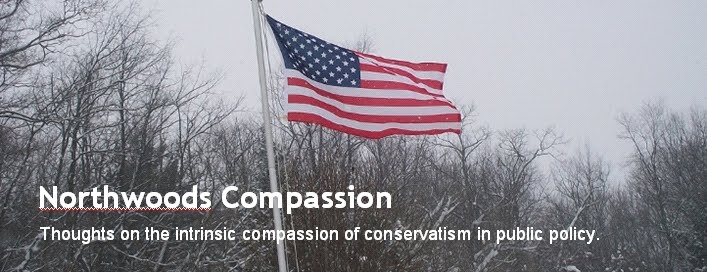Conservatives want limited government. Fascism is NOT limited government!

JULY 8, 2011
Someone recently emailed and asked me to rebut the claim that fascism is a right-wing system.
I have given this question considerable thought over the years; even when I was in college, liberals routinely smeared conservatism as a fascist political ideology. Indeed, how many times have we heard the mantra that communism and Nazism represented the two extremes of the political spectrum, left and right, respectively? This never made sense to me, as I knew that conservatism championed political and economic liberty and that communism and fascism were the direct antithesis of these.
I am thankful that my friend Jonah Goldberg has written the definitive work on this subject and set the record straight, in his scholarly and entertaining "Liberal Fascism." I strongly recommend it.
But let me share some thoughts I've developed over the years as to how the misunderstandings on these terms evolved, points which may or may not be addressed in Jonah's book.
Both communism and Nazism are evil totalitarian systems characterized by enormous power in the central government. It's true that in theory, Karl Marx predicted the eventual withering away of the state and the "dictatorship of the proletariat," when the people would rule, which was sheer fantasy because it was based on grossly erroneous assumptions about human nature, as history would repeatedly demonstrate.
But no one can deny that communism, in practice as well as theory, is a form of socialism, as evidenced, among other things, by the Soviet Union's proud self-identification as a "socialist republic." Likewise, Nazism and fascism, by definition, are socialist systems, with the state owning or controlling the major means of industry and production.
But there are differences in these systems, and I think these differences, along with historical reasons so well chronicled in Jonah's book, contribute to the left's soft identification with one and strong rejection of the other.
Apart from being centralized political systems, Nazism and fascism were nationalistic, patriotic and militaristic. Some have even said they were religious, but I see little authentic evidence of that. The Soviet system was more international in its orientation, being driven less by national fervor and more by world expansion. I'm not disputing that Hitler and Mussolini were expansionist, as indeed they were, but the Soviets were more focused on making communism a global system and diminishing the role of the nation-state in comparison with Nazism and fascism.
But there's something even more telling. Communism, as conceived by Marx, was based on the perceived class struggle. Marx envisioned that the "workers of the world" would unite against so-called capitalist oppression. Marxism was thoroughly materialistic and rooted in class warfare. Nazism was probably not so virulently anti-capitalist -- at least in terms of its ideological emphasis. It was more racially and nationally driven.
So where does that leave us? Well, today's liberals see themselves as champions of the "working man" and enemies of corporate interests and the wealthy. Their political lifeblood is class warfare on behalf of the "working man" (read: labor unions). Redistributionism is at the heart of their philosophy.
When those on the left today call conservatives "fascists" or liken Bush to Hitler, they are betraying their contempt for what they perceive to be excessive nationalism, patriotism and militarism on the part of conservatives. But there's a darker side to their thinking. The left's worst-kept secret is that many liberals believe -- or would at least like the electorate to believe -- that conservatives are racist. So there you have it. Conservatives are nationalistic, jingoistic and racist. Point, set, match. They're fascists.
But it's as divorced from reality as it is sinister. Conservatives are driven by liberty and a healthy skepticism for centralized government. They aren't enemies of the federal government but believe it ought to be limited in its powers and scope, as contemplated and designed by the Constitution. They are the opposite of racists, aspiring to colorblindness and equality of opportunity and rights for everyone. We will proudly accept, however, the charge that we are nationalistic, patriotic and firm believers in American exceptionalism.
Liberals can definitely identify with communism, as indeed they have through the years, as in their glorification of the Soviet Union in years past and their romanticizing of communist dictators, such as Cuba's Fidel Castro. But they also have far more in common with fascism than conservatives do, given their penchant for centralized governmental power and too much state control over business and industry, as we've seen most strikingly under President Barack Obama.
As political theory and actual practice throughout history demonstrate, both communism and fascism are left-wing political and economic ideologies -- as far as they can be from the right wing of the spectrum.
David Limbaugh
David Limbaugh, brother of radio talk-show hostRush Limbaugh, is an expert in law and politics
and author of new book Crimes Against Liberty,
the definitive chronicle of Barack Obama's
devastating term in office so far.








